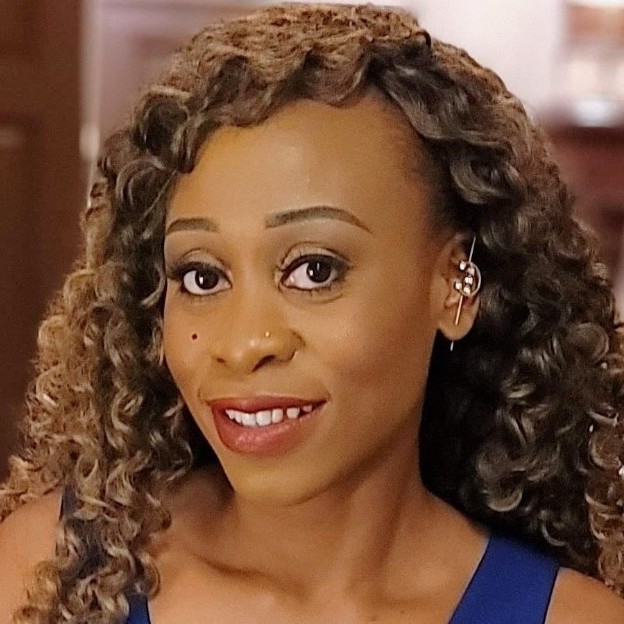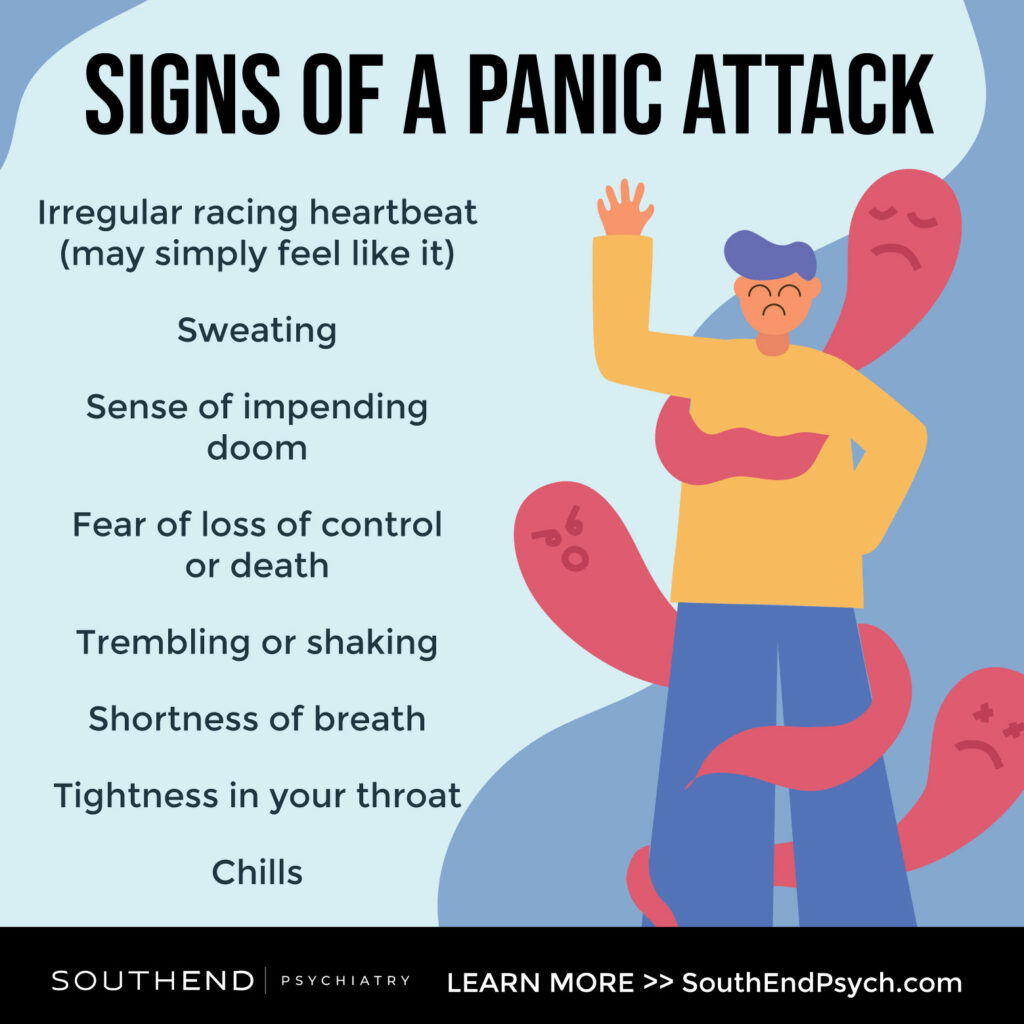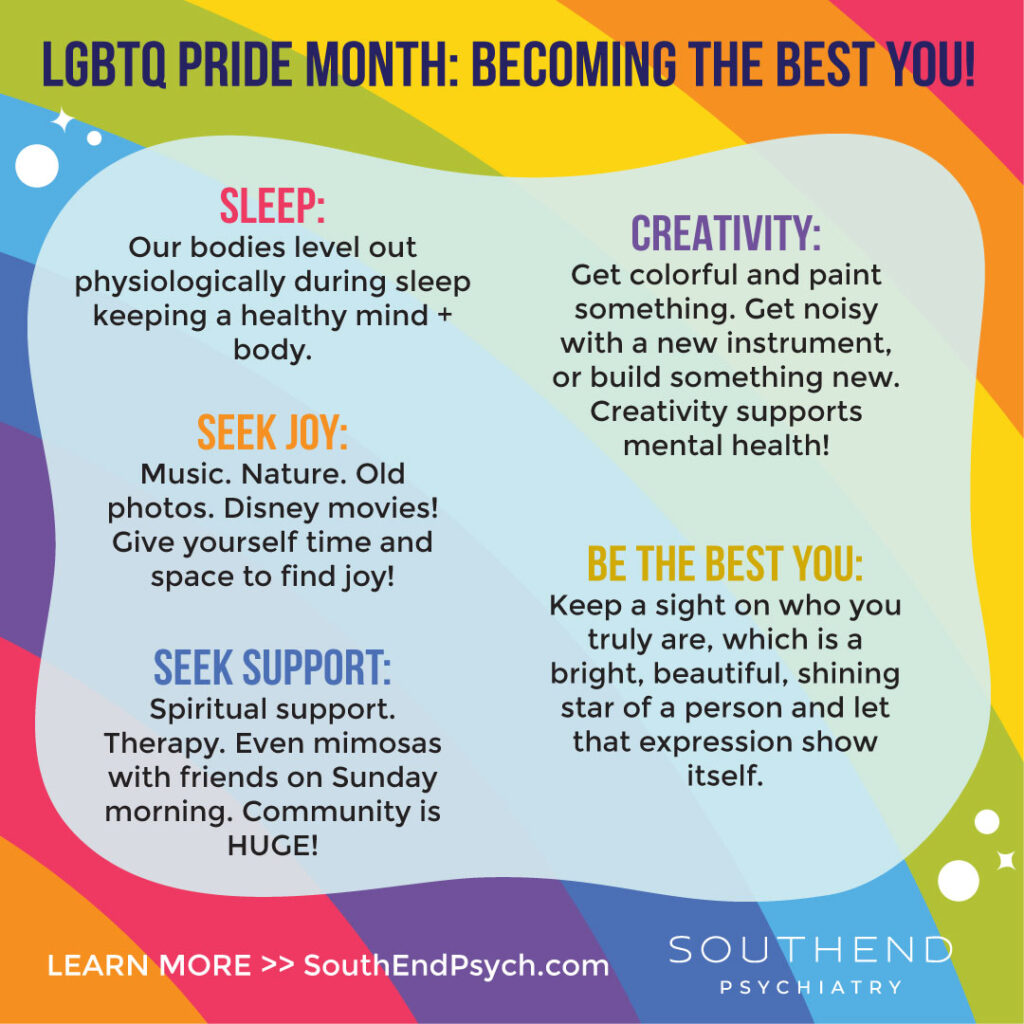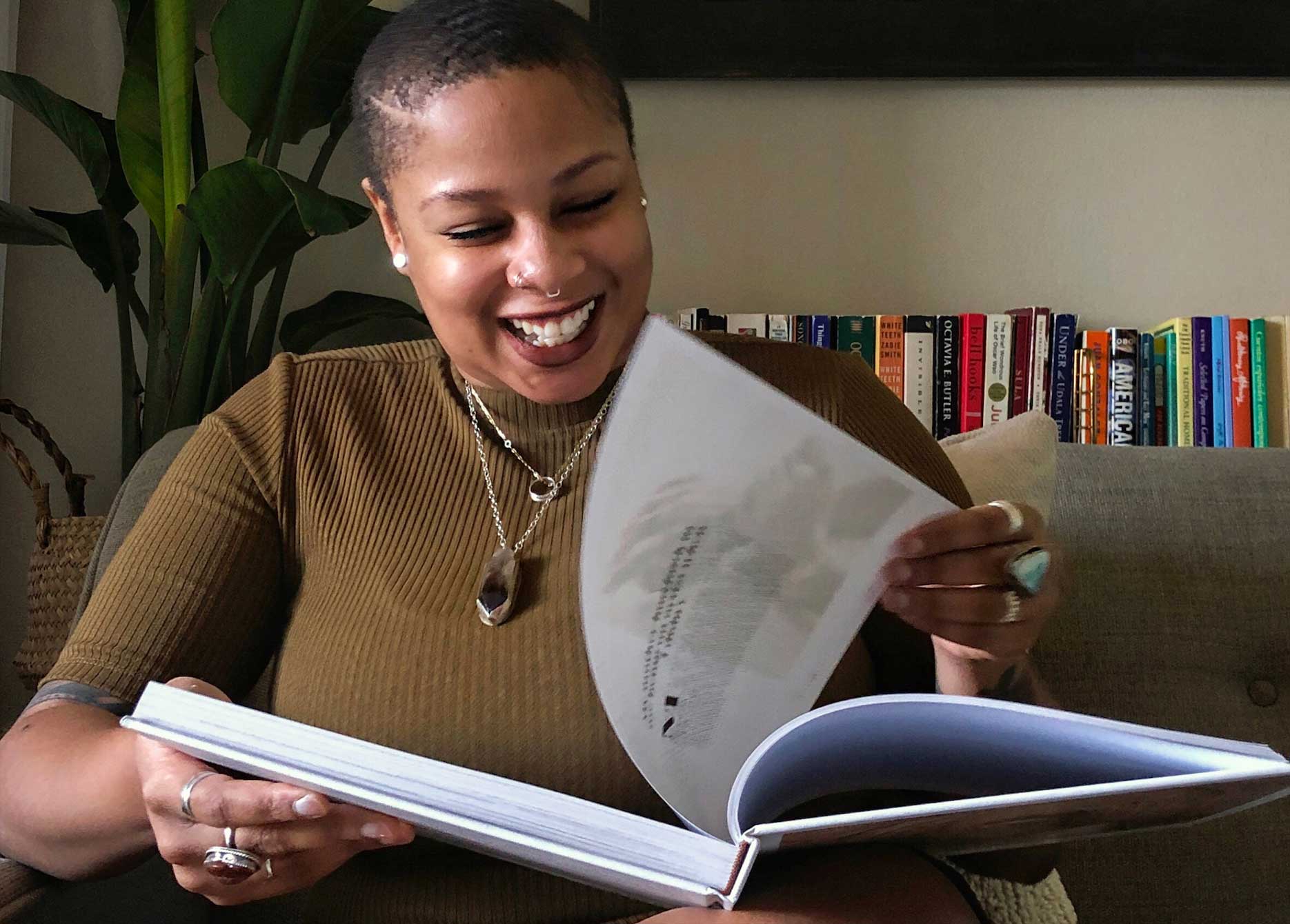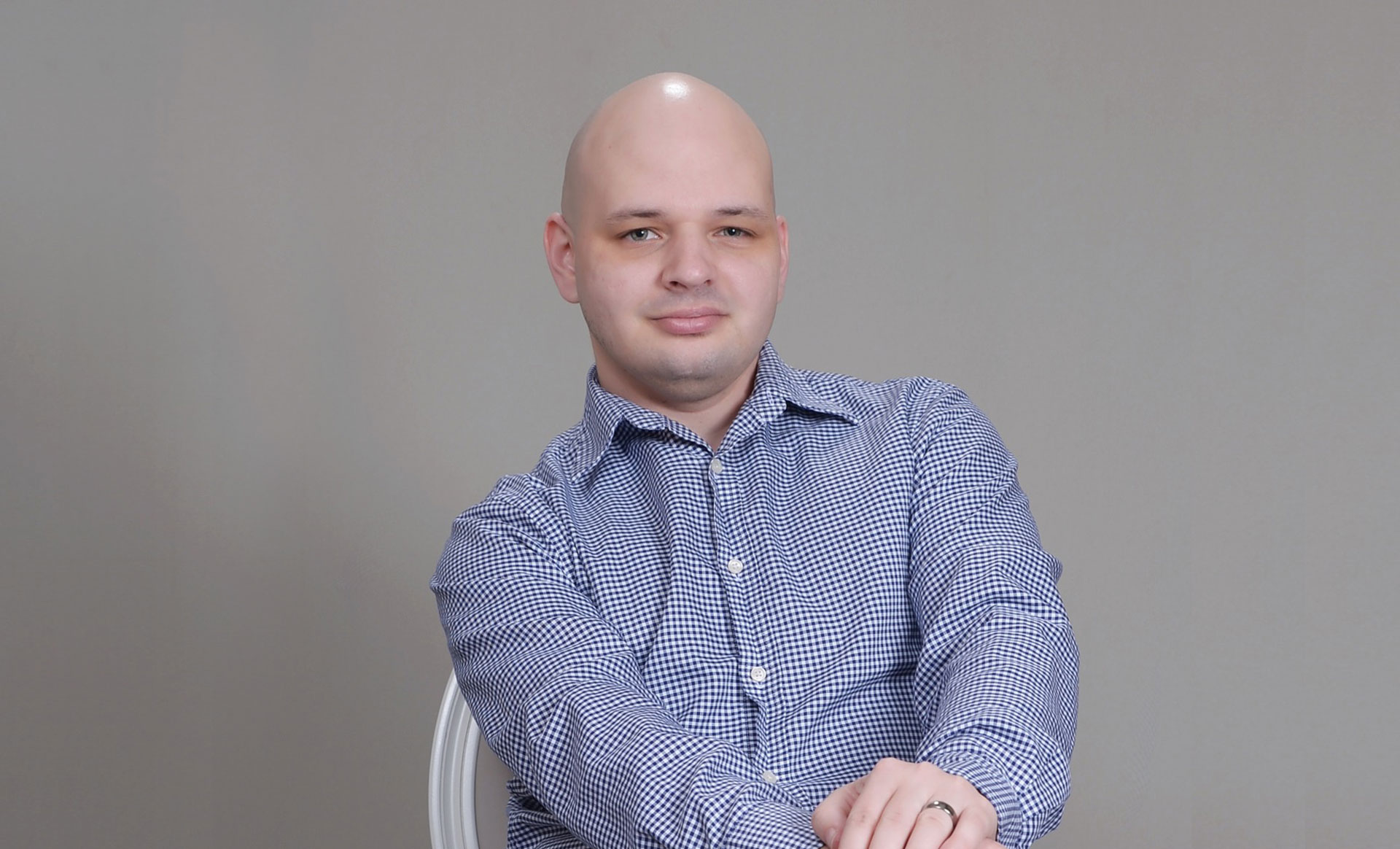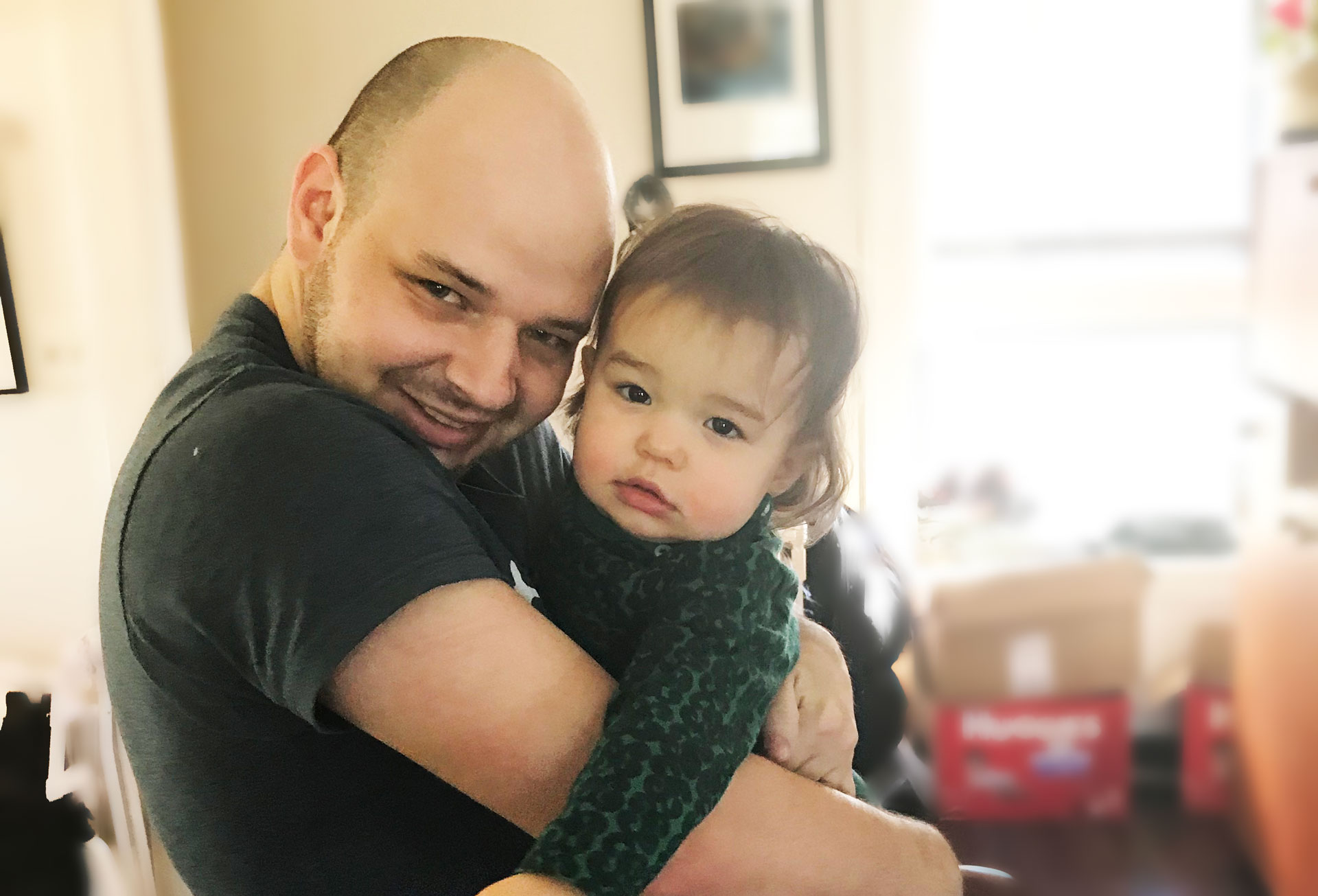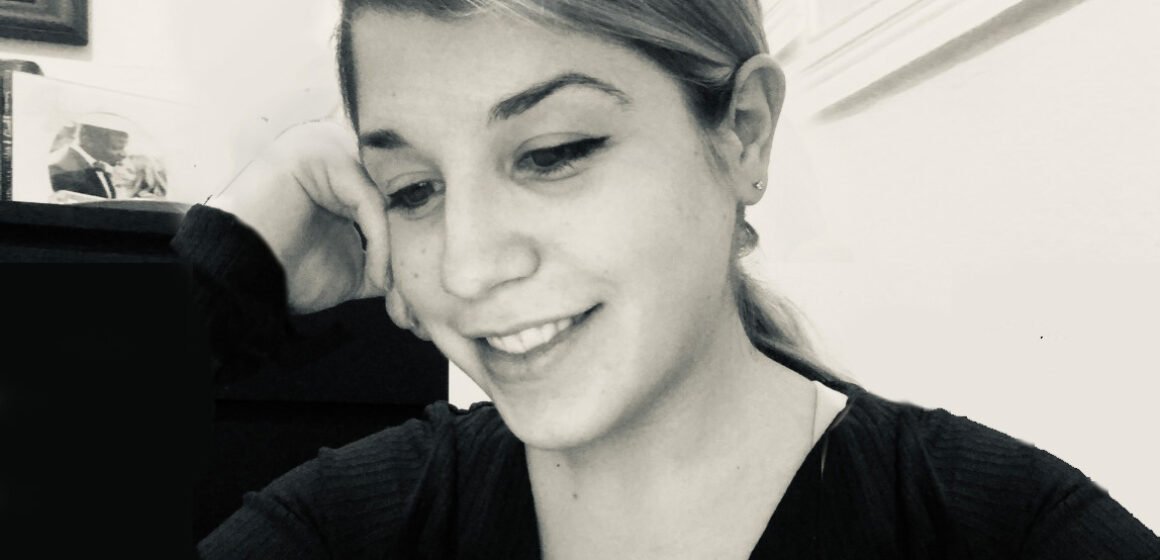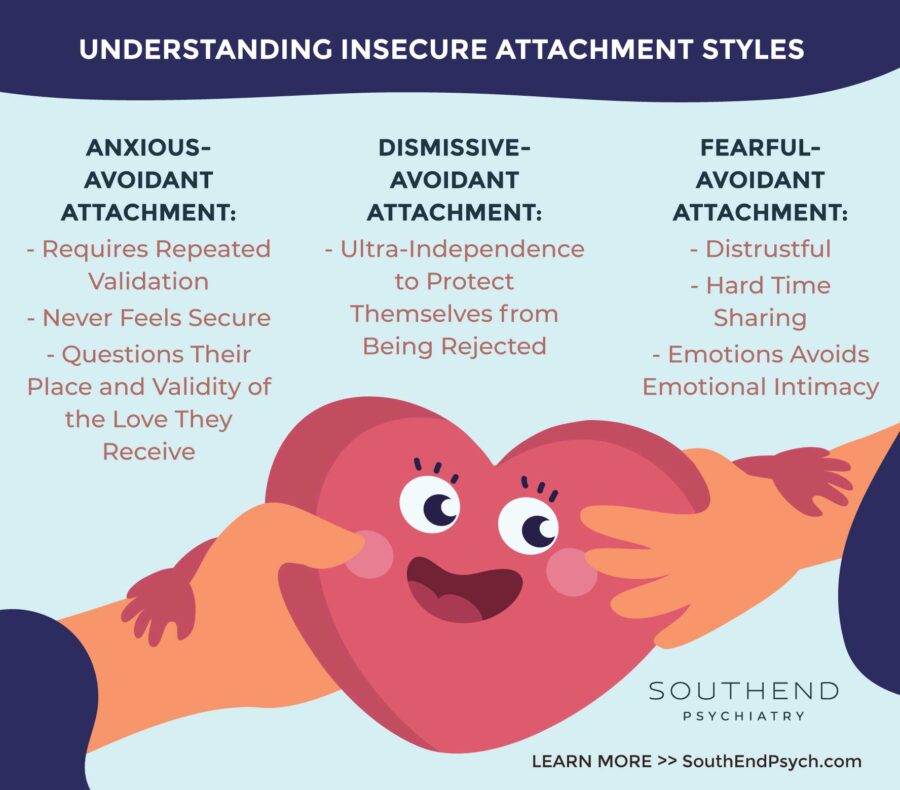Currently in the US, there is not an effective and accessible central crisis response system that will connect people to the treatment and the support they need. This needs to change and The National Alliance of Mental Health (NAMI) is dedicating September’s Suicide Prevention Awareness Month to advocate for better mental health care including support systems and accessible treatment.
Noticing signs of possible mental illness isn’t always easy since there is not a generic test one would take on their own without a professional. Feelings and thoughts of suicide happen in just about every background, race, age and demographic and is often the result of an untreated mental health condition.
NAMI teaches readers about the warning signs listed below of mental health distress.
Each illness has its own symptoms, but common signs of mental illness in adults and adolescents can include the following:
- Excessive worrying or fear
- Feeling excessively sad or low
- Confused thinking or problems concentrating and learning
- Extreme mood changes, including uncontrollable “highs” or feelings of euphoria
- Prolonged or strong feelings of irritability or anger
- Avoiding friends and social activities
- Difficulties understanding or relating to other people
- Changes in sleeping habits or feeling tired and low energy
- Changes in eating habits such as increased hunger or lack of appetite
- Changes in sex drive
- Difficulty perceiving reality (delusions or hallucinations, in which a person experiences and senses things that don’t exist in objective reality)
- Inability to perceive changes in one’s own feelings, behavior or personality (”lack of insight” or anosognosia)
- Overuse of substances like alcohol or drugs
- Multiple physical ailments without obvious causes (such as headaches, stomach aches, vague and ongoing “aches and pains”)
- Thinking about suicide
- Inability to carry out daily activities or handle daily problems and stress
- An intense fear of weight gain or concern with appearance
Mental health conditions can also begin to develop in young children. Because they’re still learning how to identify and talk about thoughts and emotions, children’s most obvious symptoms are behavioral. Symptoms in children may include the following:
- Changes in school performance
- Excessive worry or anxiety; for instance, fighting to avoid bed or school
- Hyperactive behavior
- Frequent nightmares
- Frequent disobedience or aggression
- Frequent temper tantrums
If you or someone you love is displaying some of the warning signs above, there are proven steps to take when navigating a crisis.
Navigating a Mental Health Crisis (cited from NAMI.org)
- Talk openly and honestly. Don’t be afraid to ask questions like: “Do you have a plan for how you would kill yourself?”
- Remove means such as guns, knives or stockpiled pills
- Calmly ask simple and direct questions, like “Can I help you call your psychiatrist?”
- If there are multiple people around, have one person speak at a time
- Express support and concern
- Don’t argue, threaten or raise your voice
- Don’t debate whether suicide is right or wrong
- If you’re nervous, try not to fidget or pace
- Be patient
Southend Psych is here as you navigate the complexities of today. We can come alongside you or your loved one to offer support and help. Contact Southend Psych today to inquire about appointment availability and get on your way to a better you.
Southend Psychiatry
Schedule your appointment today with one of our SouthEnd Psychiatry clinicians. Book your appointment online or call 1-800-632-7969 to get started today.




